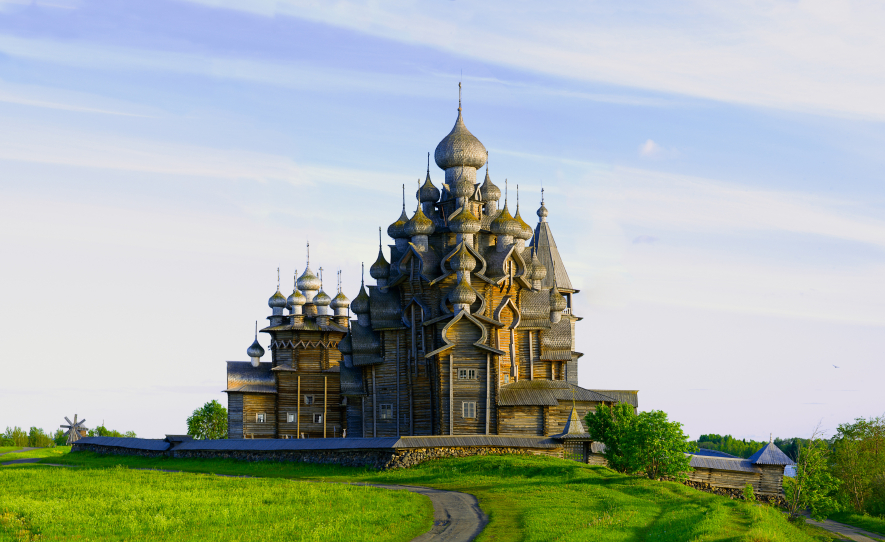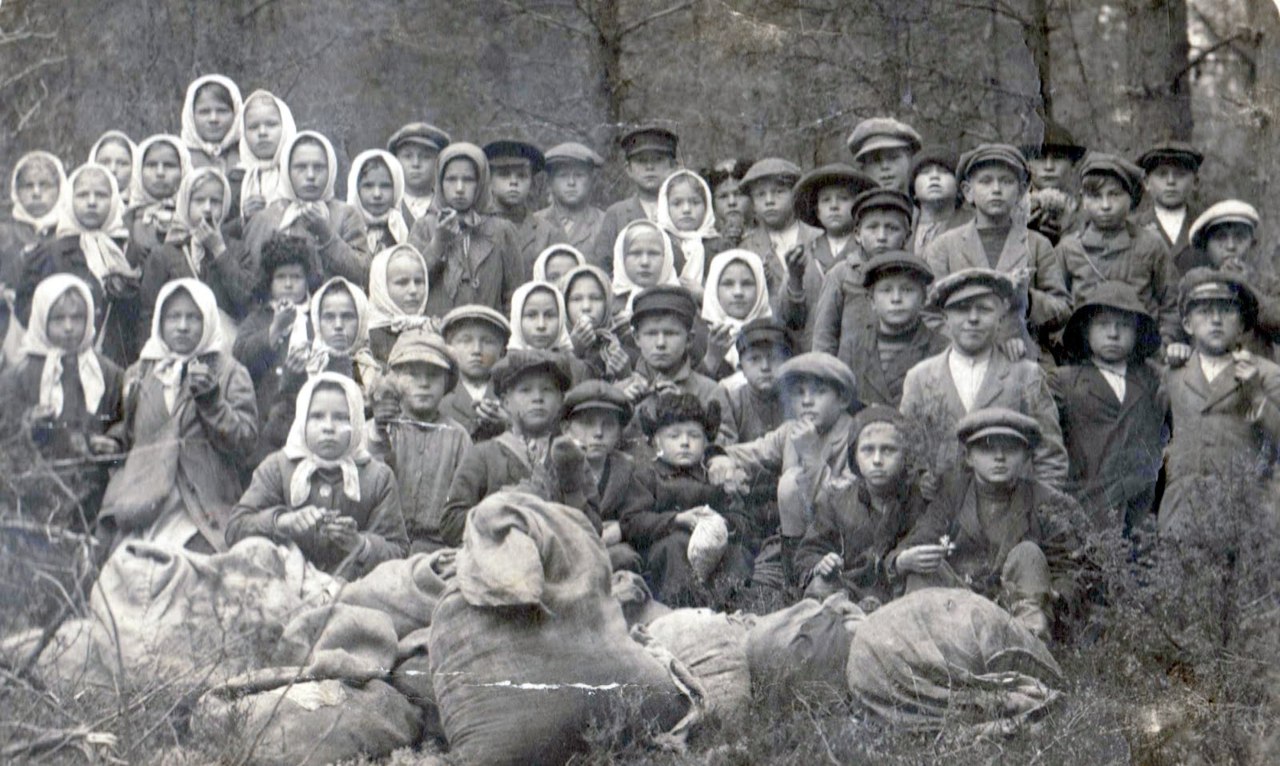
White Hunger
Aki Ollikainen
Emily and Fleur Jeremiah
Translators
(Peirene)

If you are going to be reading this, it is best to bring your winter jammies and your long johns, and, if possible, a large space heater with output of a few thousand BTUs. 'Cause, baby ... it's cold outside.You even might want also to bring along a thermos of hot toddies and several bacon-cheeseburger supremes, because this is famine country, here in the north of Finland, 1866 - 1868. It was known as suuret nälkävuodet --- "The Great Hunger Years." It was the last famine to sweep Europe in the 19th Century, although during these same years China was living through drought and the Taiping Rebellion and 60,000,000 died there.
As you are reading White Hunger, you might want to bring an atlas and gazetteer to help you figure out where Katajanokka and Kokkola are, the places where White Hunger plays out its sad tale. I sure as hell couldn't find any of them between Hämeenlinna to the south, Hyvinkää to the west, Haapajärvi to the north and Haapavesi to the east.
The language of Finland is one that is "an eponymous member of the Finnic language family and is typologically between fusional and agglutinative languages." Along with Arapaho, Catalan, and the patois of West Texas, it is reputed to be one of the most complex languages in the world ... to learn, to speak, and to parse. Listening to Finns converse with each other in what is known as suomen kieli has been described by some linguists as "unpleasant."
§ § § The story of the famine is told here by Marja. It is the winter of 1867. It is beastly cold and there is no food. We scarcely get to know these characters because, as in disasters like this --- the last major famine in 19th Century Europe --- everyone keeps dying off. 15% of the population of Finland --- almost 150,000 people --- starved to death between 1866 and 1868.
It was a matter of stark neglect by the church and the government. Families had nothing except bark; even the bread, inculcated with fungus, was deadly. For those begging, loaves of bread were parted so that one was left with but a mouthful of pine bark.
Folk were unable to stay in their homes because the crops of rye, oats and wheat had shriveled to nothing, potatoes rotted in the field. All became wanderers, traveling through the deep snow in a bitter winter, with some of the lowest temperatures on record.
In White Hunger we get to join the armies of the starving going from town to town, always being told to move on, being insulted (a widow like Marja is taunted as "whore" and "witch" because she is alone). Marja is forced to leave husband Juhani to die in their farmhouse because he could no longer rise from his bed. As she is leaving, "Juhani grabs Marja's shoulder and tries to lever himself up without success. He manages to grunt something incomprehensible before collapsing on to his back."
Marja lifts Juhani's hand off her shoulder and laces it on her husband's chest. She presses her lips to Juhani's forehead and then, unexpectedly to his lips, lets them linger, breathes in unison with her husband for the last time.
 Thus she leaves the house for the last time, off with her two children to wander the cold, seeking food to survive. On her travels, Marja meets up with the young man Ruuni who has been fired because if his boss "didn't throw out the hired hands, he'd have less" for himself.
Thus she leaves the house for the last time, off with her two children to wander the cold, seeking food to survive. On her travels, Marja meets up with the young man Ruuni who has been fired because if his boss "didn't throw out the hired hands, he'd have less" for himself.Ruuni's operating mode is thievery. "Nobody's going to take pity on someone like me, and I haven't got round to having a little one yet.
If I had, I could put it on show when I'm out begging. You could lend me that Juho [her boy] of yours --- I could live like a lord.
Marja doesn't tell him that even with a three-year-old in her arms, she has been turned away from many doors.
As readers in this frozen, foodless wilderness, we are hoping that Marja and Ruuni, between the two of them, will somehow find the Great Meal that we are all hungering for. Unfortunately, Ruuni is chased from the barn where they are to stay for the night, and the next morning, in the snow, Marja finds a dog whose "flank has been torn open and oddly grey innards show through the opening. Teeth did the tearing." Not far away, she finds the body of Ruuni in the deep snow.
It takes her a while to grasp that it really is Runni. He has no eyes any more; the Tsar has inherited them, and he sits now at the top of the big spruce showing them his realm. Here you are, here is your St. Petersburg, a snowy field. I cannot give you more.
It is these flights of fancy that make Ollikainen's book come to life. Those of us who know and love bleak fiction know that an endless supply of tragedy can destroy the works of even the best authors. As one reviewer commented on White Hunger, "a higher proportion of the book's characters die on the way. You would do well not to get too attached to any of them."
The book's saving graces come, ironically, from the madness that grows from such a inexplicable ruination of the population. This is the wife of the miller, speaking to Marja about their business: "All autumn people have come just to have animal bones ground into flour. Not a single grain, just bones, gnawed white. Sometimes I think that soon, when his [her husband's] time comes, I'll grind his bones too to make fine flour."
And my own; I'll squeeze my body between the millstones by witchcraft. I'll leave the door and all the air holes open so that the wind can take us away. So there'll be no trace of us left in this world. As if we'd never existed. A man who's worked all his life, and this is the end he endures.